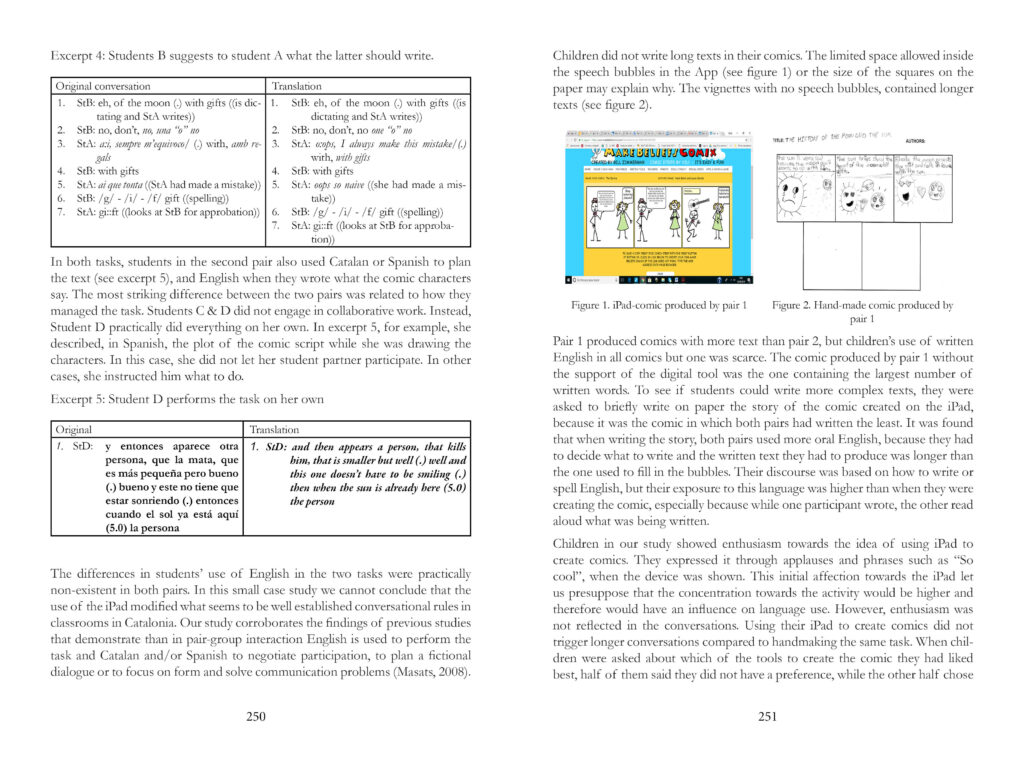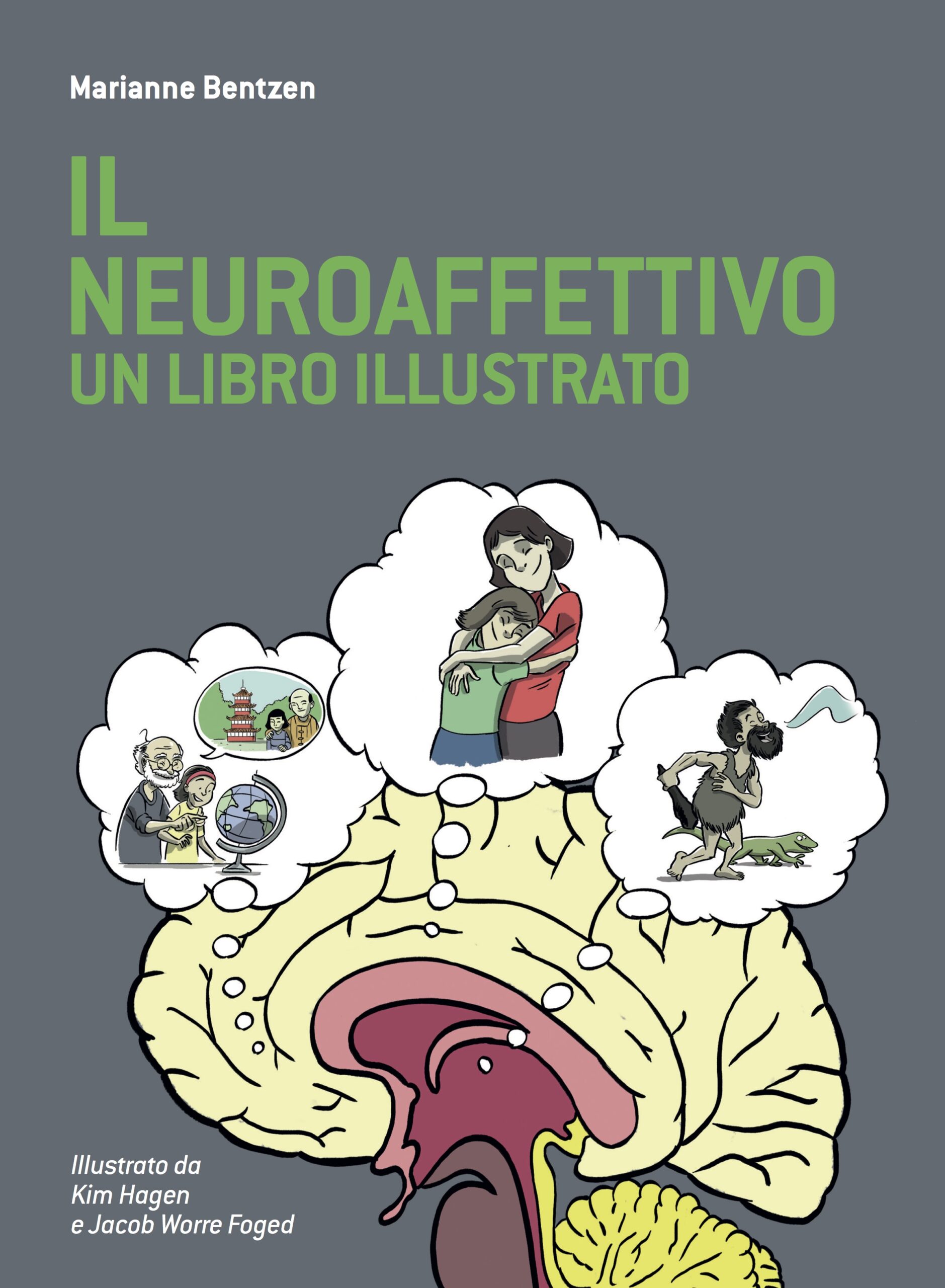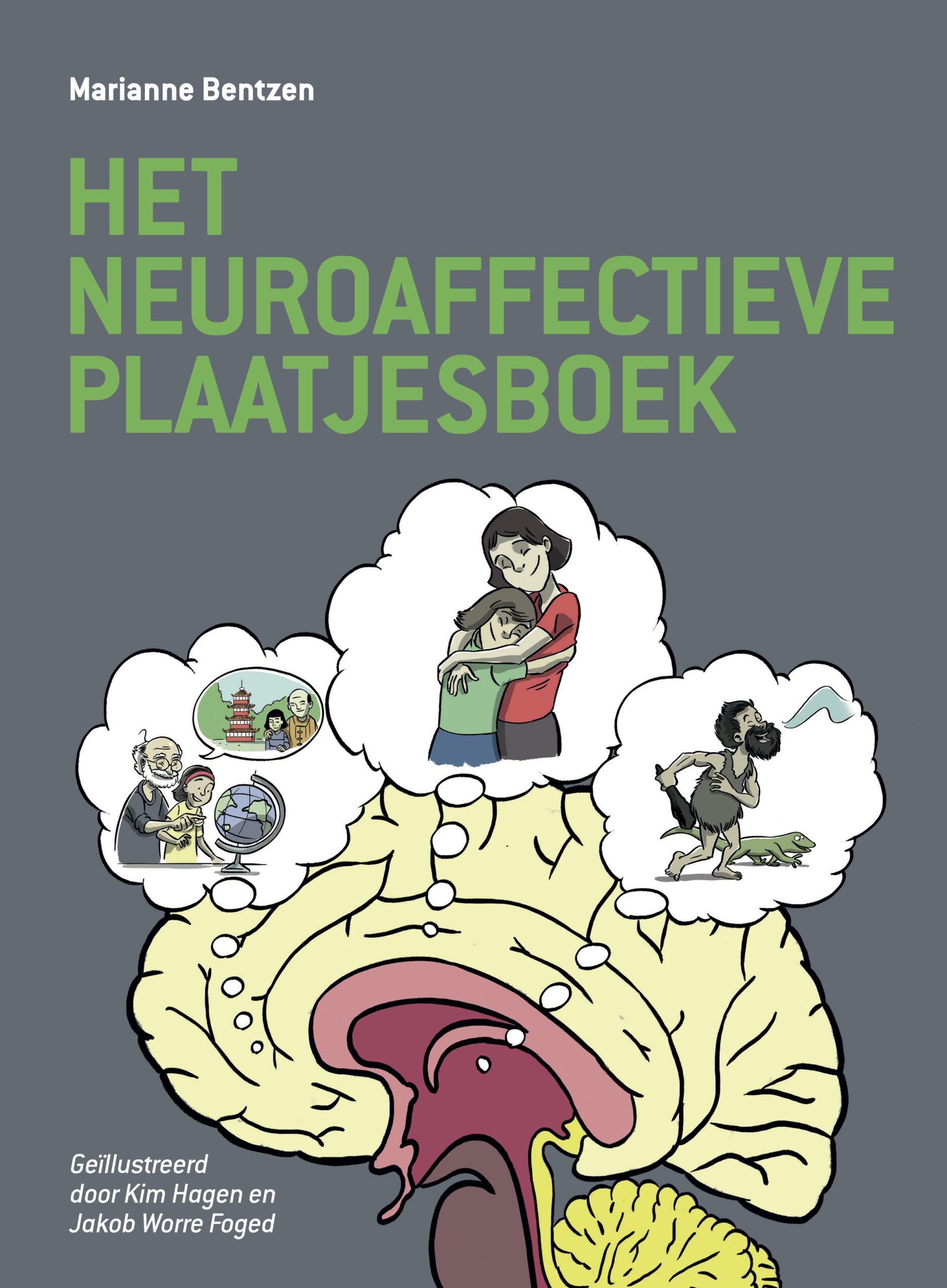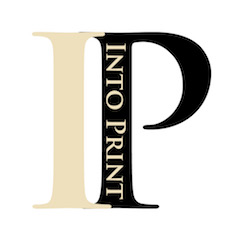Academics write books to circulate their research and to popularise their subject of study. There are established academic publishing routes for the academic book but these do not rule out the parallel use of self-publishing channels. It’s possible to publish an academic book through an online publishing platform, even to publish as open source on a research website, AND to use print on demand to publish with a cover price and to earn sales income for the author or authors.
Publishing an academic book as open access in PDF or EPUB format – to further the cause of learning or to fulfil a contract (e.g. for the receipt of a grant) – shouldn’t preclude a print edition with a cover price. Authors should check that they are retaining rights to publish such editions and not handing over those rights to platforms that don’t have any reach in the book trade.
Publish everywhere – translation, multiple edition
Also, authors should hold on to translation rights so that they can respond positively to interest from publishers who are willing to go to the expense of translating their work for new regions. Or authors may collaborate with a translator (perhaps a fellow academic in another region) to publish their own work in another language.
Publishing a print edition through the book trade widens the availability of an academic book to individuals, including students and teachers with no access to academic publishing networks. It also provides easy access to a hard copy for librarians, through their usual electronic searching and ordering services.

Often ‘paid for’ may reach the parts that other book services can’t, including librarians and bookshop managers on campus. Sometimes a ‘free’ edition may not be accessible to a potential reader, either because there’s a platform of some kind hosting the edition which is itself inaccessible or because of geographical reach.
Academic authors can call on a service such as Into Print to take care of the production – the correct resolution for illustrations and photography, the clear layout of tables, the correct presentation of footnotes, references, bibliographies, indexes and contents lists. The text can be in non Western languages and character sets, such as Arabic or Tamil.
This production workflow takes your book smoothly through to PDFs (of cover and internal pages) for you to approve for print and distribution. Distribution is to 17,000 libraries and book resellers. They will all receive an alert to the new book, its content and the intended audience.



Knowledge production
Some authors may not be academics themselves but possess knowledge in their professions that teachers and students would find educational. Into Print can point to some successful text books and provide guidance about writing books for a school or higher education audience.
Into Print also creates interactive PDFs and EPUBs so the same document can be repurposed for open access electronic versions, which will contain live hyperlinks to external URLs and to internal bookmarks. So working with Into Print can result in free and paid for electronic editions, and print editions.
The print edition becomes available for short print runs, for example to put in delegate bags at an academic conference, and to fulfil orders through the book trade.
In a best possible scenario, the book finds its way on to a curriculum as a recommended student text and achieves a measure of financial success, as well as increasing the sum of knowledge in the world. Win-win.
